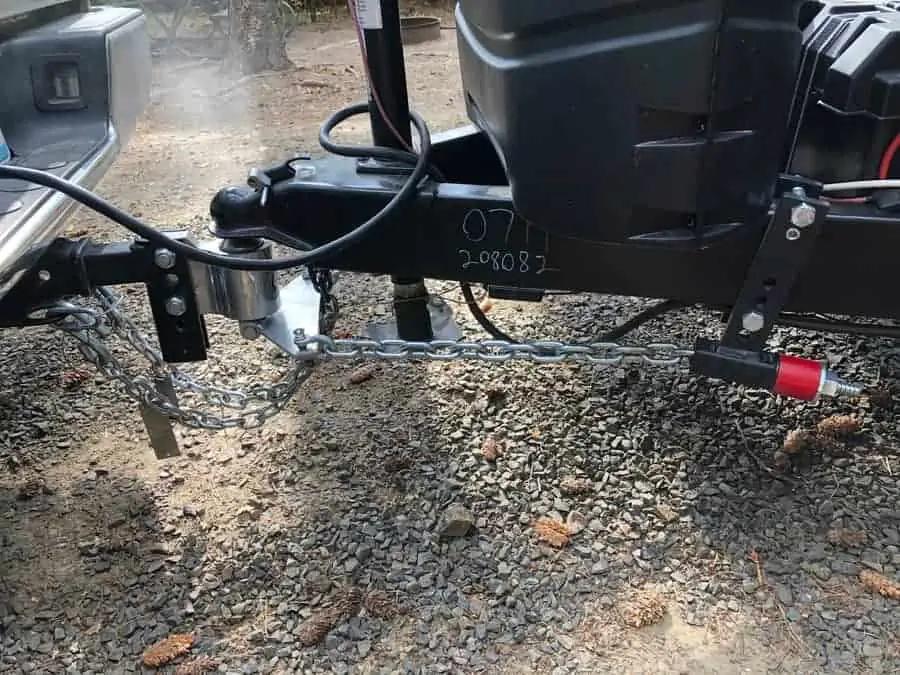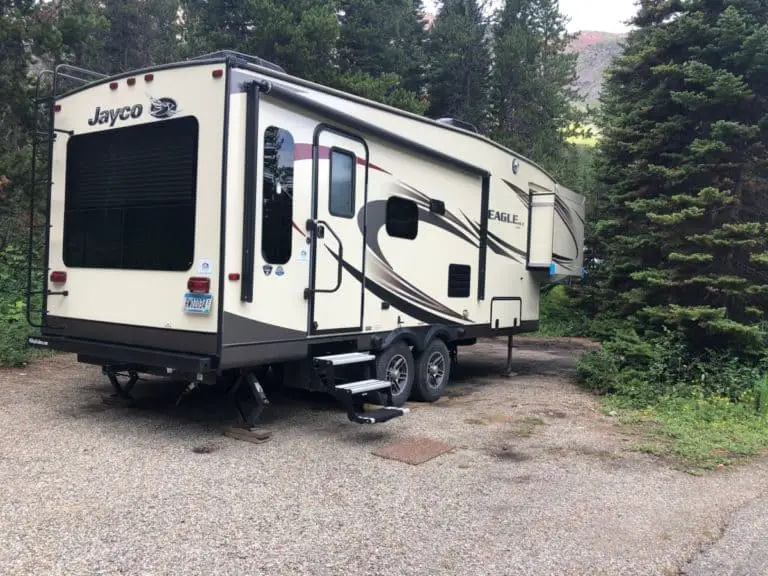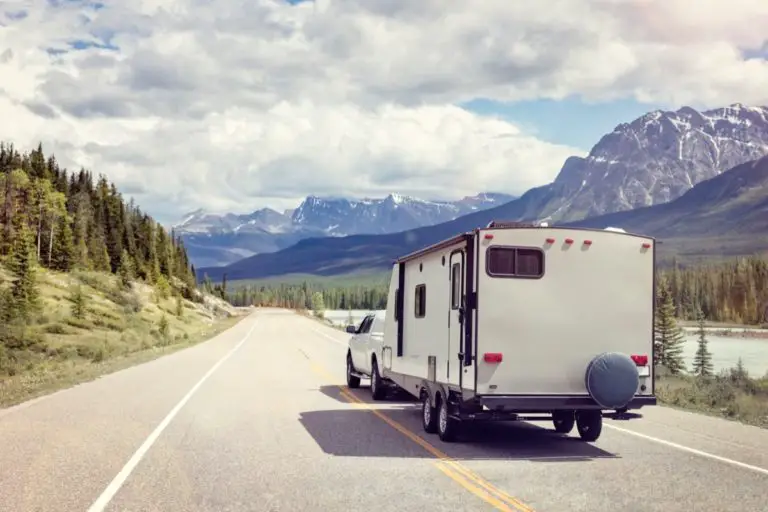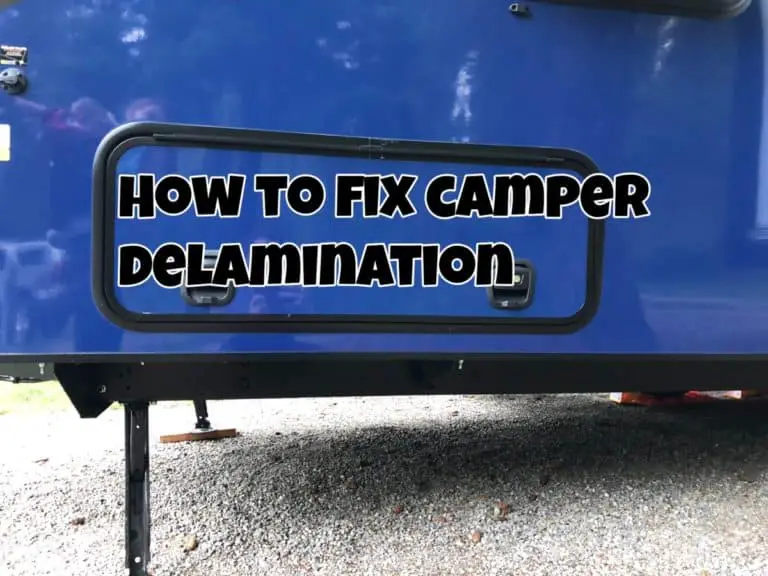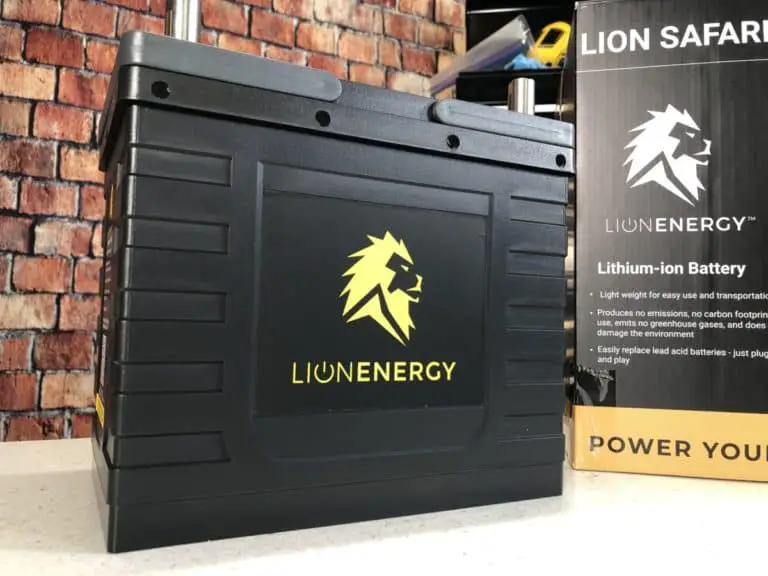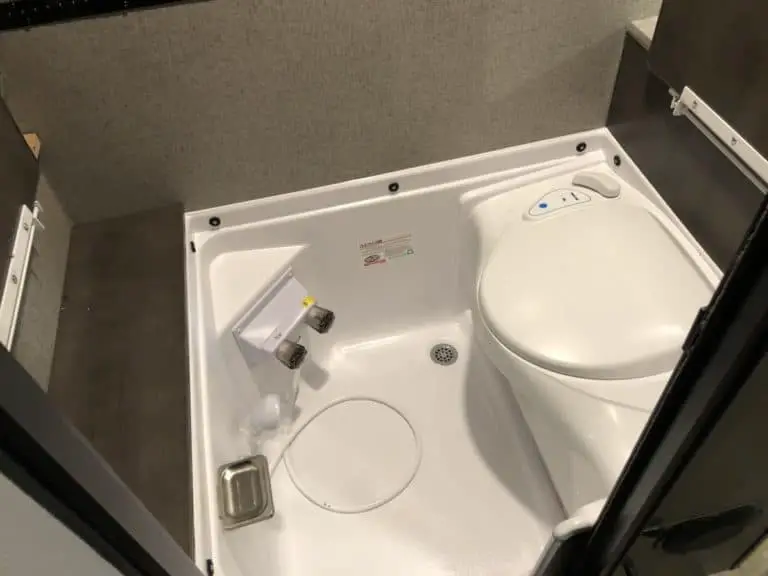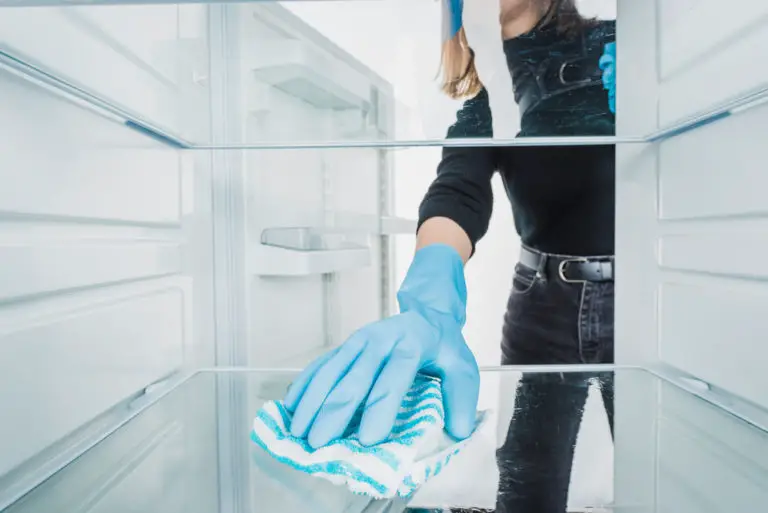Camper Battery Dying? Here are the tips to make it last longer
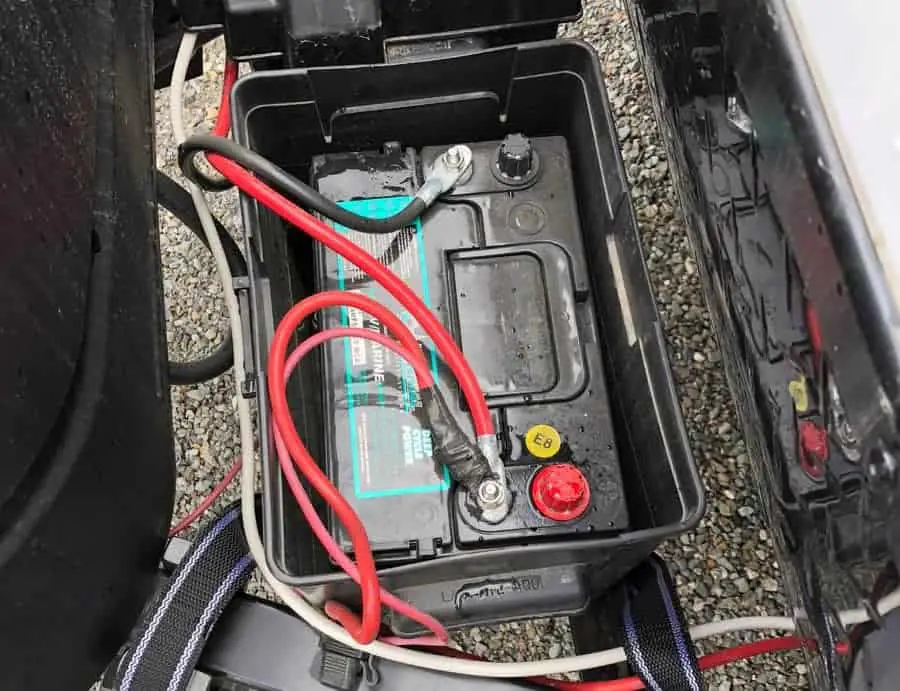
There is no worse feeling than committing a weekend to a camping trip and packing up your RV only for its battery to die, or finding out it died mid camping trip. A dead camper battery can ruin an entire trip and be a headache. The only thing worse than your battery dying once is for it to die repeatedly.
So what exactly is it that is causing your camper’s battery to keep dying? Is there anything that you can do to keep its charge for a longer period of time? First you have to ask yourself the following question:
Why does my camper battery keep dying?
Camper batteries can die for many reasons, these being age, overcharging, undercharging, too much device draw, parasitic loads, or not enough amp hours. Taking care of your batteries is the first step to prevent them from dying. The number one takeaway is to never let a Lead Acid battery drop below 50% state of charge.
First off, lets find out a little about how they work, then move on to the reasons they will die in the first place.
How do lead acid batteries work?
Like other vehicles, campers use a battery to allow for the use of electrical features such as lighting and power systems. However, because campers are designed to be lived in, they have many more appliances that require the use of a battery in order to function.
First, in order to understand why your battery is dying so frequently, it is important to know how your battery works. RV batteries are typically lead-acid batteries, which refers to their structure. For our purposes, it is only important to know that lead acid batteries do not produce any electricity on their own. Rather, they store electricity that is put into them.
It is important to note that, while lead-acid batteries are by far the most common type of batteries used in campers, some RVs make use of lithium batteries instead. Lithium batteries are particularly common in RVs that make use of solar panels and want to boondock for longer periods of time as they have more usable capacity. Many people consider lithium batteries to be more efficient because they require less maintenance, last longer, and provide more amp hours.
In this article, we will be discussing lead-acid batteries. Now, let’s look at the most common reason that camper batteries die.
Factors that cause a battery to die
Sulfation
Sulfation occurs when a lead acid battery drops below 12.5 volts. This causes sulfuric material to coat the plates of the battery. If the battery remains below 12.5 volts for a long time, the material will grow larger, disrupting and ruining the battery. In order to prevent sulfation, it is important to never let a battery’s charge remain low. When it drops below 12.5 volts, it is time to recharge the battery.
It is important to always remember to never drop a lead acid battery under a 50% state of charge or 20% for a lithium battery. Dropping less than these can cause permanent damage.
However, while sulfation is probably the most common cause of premature death for RV batteries, it is not the only one. Several other factors could cause a lead-acid RV battery to lose charge quickly.
Overcharging
While sulfation occurs when the battery remains undercharged for too long, charging your battery too much can also damage it and cause it to die quicker. Because lead-acid batteries largely consist of water, putting too much electricity into them can evaporate the water and stop the battery from functioning properly.
Always make sure to check the water levels in your batteries and top off if needed. If your water levels are too low, you will cause permanent damage to the plates in your battery reducing its life.
To prevent this, refill the battery with distilled water when it is running low. For safety purposes, be sure to wear proper protection on your eyes and hands when working with your battery.
Parasitic Loads
A parasitic load is the energy consumed by a vehicle or appliance even when it is shut off. For example, if you have ever accidentally left a light on in your car overnight, it was most likely dead by the morning. This can happen with RVs too, but there are a number of electrical appliances that use energy even when they are not on.
Here is a list of items that can suck power without you knowing. If you add up all of the wattages at the end of the day, it is actually a significant amount of draw, especially if you need every last amp-hour while camping.
- RV Control Station
- Clocks
- Fridges
- Pumps
- Antennas
- Propane gas detectors
- Smoke Detectors
- Radios
- And More
Tips to Make your Camper Battery Last Longer
Using Multiple Batteries
If your camper only came with a single battery, you may want to upgrade to a dual battery system. All you would need is a second battery, as well as another cable to hook them up.
Some campers come from the factory with multiple batteries. This allows for the RV to have double the amp hours to provide double the life.
Never mix ages of batteries, if you want to upgrade to a dual battery system, it is recommended to do it with two fresh batteries.
Upgrade your Camper Batteries to Lithium
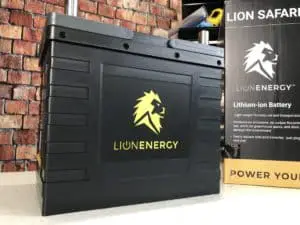
If you want to get the most out of your camper batteries and not have to worry about constantly charging them, checking water levels, worry about discharging too much, then upgrading to lithium is a must. We like Lion Energy UT 1300’s. If you want to upgrade to lithium, you can use our coupon code “savvycampers” for a 15% off discount from Lion Energy’s website.
Keep your Battery Charged
One solution to keeping your battery charged is to keep it plugged in and never let it dip below 50%. If a place to charge the RV battery is available, such as at home or while at a campsite, there is no harm in keeping it plugged in so that the battery does not dip below 12.5 volts and begin to sulfate. Of course, as mentioned above, you have to be careful not to overcharge the battery. If keeping the battery plugged in, be sure to check the water levels frequently, especially if it is plugged in for extended periods of time.
Caring For Your Batteries
Like most things in life, your camper’s batteries need love and attention in order to function properly. Sulfation, overcharging, parasitic battery drain, and other factors that cause rapid battery discharge are more likely to occur if your battery is not properly maintained.
In addition to never letting your batteries remain undercharged or overcharged for too long, it is a good idea to clean the terminals of your battery to remove corrosion. While there are products that are designed specifically to clean batteries, many people use a combination of baking soda and water, using a toothbrush to gently scrub away the buildup.
Check the water level of your batteries often to make sure they have enough.
Storing Your RV Batteries Properly
One of the most important things you can do to ensure the longevity of your batteries is to store them properly. Many people do not use their RVs during the winter months, meaning that their batteries often sit idly in their campers for long periods of time. Lead-acid batteries naturally discharge energy while they are not being used, so letting them sit without checking them creates the risk of them sulfating. To prevent this, bring your batteries inside when you aren’t planning on using your RV for a while, so that you can charge them up if they fall below 12.5 volts.
Final Thoughts
To conclude, let’s look back over what we have learned.
- If a lead-acid battery is left undercharged for too long, it can cause sulfation and permanently damage the cells.
- If a lead-acid battery is overcharged, the water it uses can evaporate, damaging the battery.
- Electrical appliances in the RV can cause parasitic loads to drain the battery.
- Batteries must be cleaned regularly to remove corrosion and ensure that they function properly.
- When not being used, batteries must be stored properly to ensure that they don’t sulfate because they have naturally lost charge.
It is no secret that lead acid RV batteries, like RVs themselves, require a good deal of maintenance in order to perform the way they were designed to.
However, ensuring that your batteries are taken care of is critical in order to ensure that you and your family can enjoy your camping experience. Furthermore, while it can be a lot of work to keep your battery healthy, having to replace it frequently can be very expensive.
That being said, if you focus on keeping your batteries cleaned, properly stored, and charged (but not too much!), you won’t have anything to worry about, and you can continue to make precious memories in your camper.
Be the first to be notified about FREE tips, hints, coupon codes, and email-exclusive information. All for FREE!


